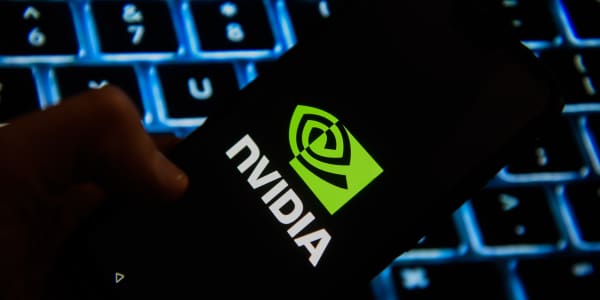Inspire Brands' $11.3 billion purchase of Dunkin' in late October was the biggest deal in the restaurant industry in more than six years, signaling a broader restart to dealmaking after the disruption of the coronavirus pandemic.
The purchase of the coffee chain is Inspire's fourth acquisition in as many years, further driving speculation that the company's aggressive buying strategy is part of a plan to take Yum Brands' crown as the world's largest restaurant company by number of locations. With the inclusion of Dunkin, the Arby's owner will have more than 31,000 restaurants worldwide, but Yum's footprint of 50,000 locations still dwarfs that of the upstart.
The coronavirus pandemic gives portfolio companies like Yum and Restaurant Brands International the chance to add even more restaurants to their rosters before they risk being outrun by Inspire and other upstarts in the industry. The health crisis has turned it into a buyer's market, with restaurant valuations falling about 13% below the 10-year average, according to Aaron Allen & Associates. The success of past deals shows that companies can reap the rewards after acquiring another chain, allowing them to broaden their international footprint, rake in more revenue and receive investor plaudits.





